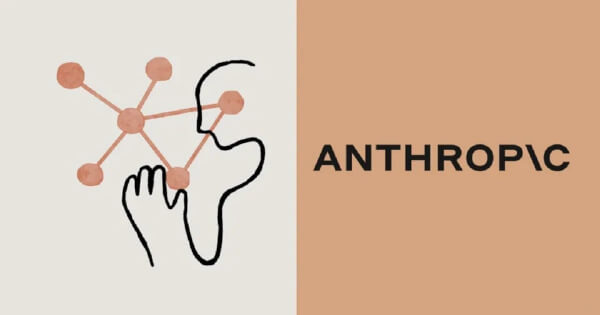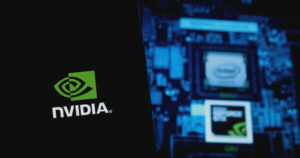Anthropic has announced the release of Claude 3.5 Sonnet, the first model in its new Claude 3.5 model family. According to Anthropic, Claude 3.5 Sonnet significantly outperforms both competitor models and its predecessor, Claude 3 Opus, in various evaluations while maintaining the speed and cost of its mid-tier model, Claude 3 Sonnet.
Enhanced Performance and Accessibility
Claude 3.5 Sonnet is now available on Claude.ai and the Claude iOS app for free, with higher rate limits for Claude Pro and Team plan subscribers. The model is also accessible via the Anthropic API, Amazon Bedrock, and Google Cloud’s Vertex AI. It costs $3 per million input tokens and $15 per million output tokens, featuring a 200K token context window.
Frontier Intelligence at Double Speed
Claude 3.5 Sonnet sets new standards for graduate-level reasoning, undergraduate-level knowledge, and coding proficiency. It excels in understanding nuance, humor, and complex instructions, and it is particularly adept at producing high-quality content with a natural tone. Operating at twice the speed of Claude 3 Opus, it is well-suited for tasks such as context-sensitive customer support and orchestrating multi-step workflows.
In an internal agentic coding evaluation, Claude 3.5 Sonnet solved 64% of problems, compared to Claude 3 Opus’s 38%. This evaluation tests the model’s ability to fix bugs or add functionality to an open-source codebase based on natural language descriptions. Equipped with relevant tools, Claude 3.5 Sonnet can independently write, edit, and execute code, making it effective for updating legacy applications and migrating codebases.
State-of-the-Art Vision
Claude 3.5 Sonnet surpasses Claude 3 Opus in standard vision benchmarks, excelling in tasks requiring visual reasoning such as interpreting charts and graphs. It can also accurately transcribe text from imperfect images, a crucial capability for industries like retail, logistics, and financial services.
Introducing Artifacts
Anthropic also introduced a new feature called Artifacts on Claude.ai, allowing users to generate and interact with content like code snippets and text documents in a dedicated window. This feature transforms Claude from a conversational AI into a collaborative work environment, with future updates aimed at supporting team collaboration.
Commitment to Safety and Privacy
Claude 3.5 Sonnet has undergone rigorous testing to mitigate misuse and remains at ASL-2 according to red teaming assessments. The model has been evaluated by external experts, including the UK’s Artificial Intelligence Safety Institute (UK AISI) and the US AI Safety Institute (US AISI), ensuring robust safety mechanisms are in place. Anthropic has integrated feedback from child safety experts at Thorn to update its classifiers and fine-tune the models.
Privacy remains a core principle, with no user-submitted data used for training unless explicitly permitted by the user.
Future Developments
Anthropic plans to release additional models in the Claude 3.5 family, including Claude 3.5 Haiku and Claude 3.5 Opus, later this year. The company is also developing new features to support more business use cases, such as enterprise application integrations and personalized user experiences.
Users are encouraged to provide feedback on Claude 3.5 Sonnet to help inform future developments and improvements.
Image source: Shutterstock








